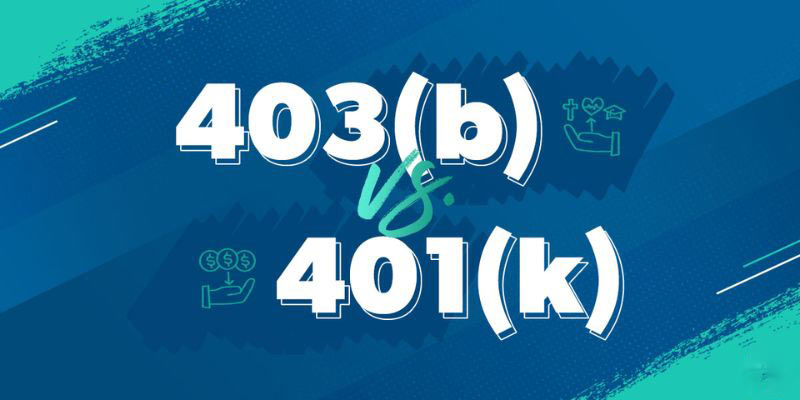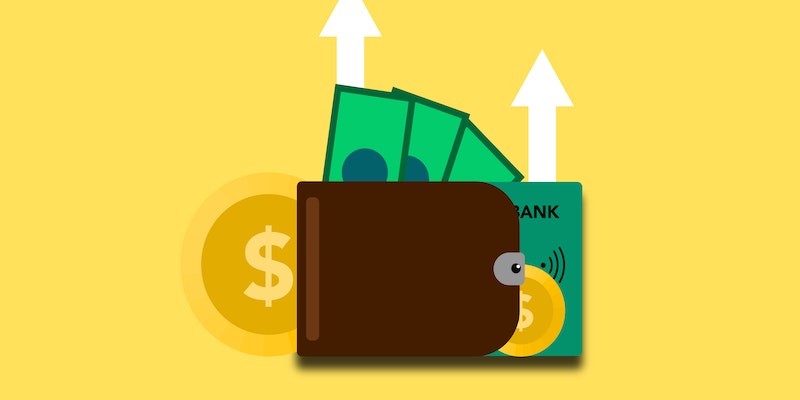
You are already ahead of the game with a realistic retirement plan, an adequate emergency fund, and other well-placed money. Some of your options may already be clear if this is the case. But if you haven't previously invested in the stock market, you must conduct research beforehand.
As a result of the vast array of options, there isn't a "best technique" for spending this money. If deciding what to do with $100,000 becomes too complicated, you risk missing out on valuable opportunities. As with any other financial decision, selecting the right investment vehicle is critical. In this article, we'll show you a few ideas for spending money that you may not have previously considered, but you should.
These are some of the most important things to remember.
Start or maintain an emergency fund and pay off your debts if you're lucky enough to have some additional money to spare. If you have money from an IRA or other retirement plan, tax-free rollovers may be an option. If you have money to invest, you should do it in taxable assets like stocks, bonds, mutual funds, and even CDs.
It's possible that investing in real estate might prove to be a good choice because of the tremendous growth potential and profits it offers. People afraid of taking risks can invest in CDs and HSAs, which provide higher interest rates than regular savings accounts.
Buying real estate
Even if paying off your mortgage isn't the most exciting prospect, it should be considered if you have one. If you don't own a home, you might want to consider investing in real estate. Investments in real estate have the potential to yield substantial returns over time. Confusion and time-consuming investigation are both parts of the process.
Old-Fashioned Real Estate Investing
When most people think of investing in real estate, they see themselves doing something like flipping houses or renting them out to make money. The speed, duration, and extent to which one gains an edge are all influenced by several circumstances.
It all boils down to your geographical location. One of the essential variables in evaluating a property's value is its location. A good location is as essential as a suitable property for obtaining the best value for your money. To put it another way, the present status of the economy may be used to determine whether or not traditional real estate investing is a good idea.
In most cases, a significant amount of money is required to buy a house. Before making a purchase, investors should consider their return on investment (ROI), the property's profitability, and the associated costs. Examine how the $100,000 will be used for things like the acquisition of real estate, repairs, renovations, or even marketing and advertising. When flipping a home, please take into account the costs of selling it and the costs of renting it out.
Real estate is one of the few investments that increase in value over time. Some investors hold on to their properties until they see a substantial increase in value to justify the risk. When these earnings are realized, they are subject to capital gains taxes.
Investments in Real Estate (REIT) 
If you want to invest in real estate but don't want to deal with the difficulties of owning the property, a real estate investment trust (REIT) may be a wise option. To start investing, you don't need a large sum of cash. One may invest $100 or less on various investment websites.
REIT investments differ from typical real estate funds since they hold properties that may be rented or sold. All properties, from retail spaces to commercial buildings like offices to residential dwellings, are available for rent. To buy REIT stock, you have two options: go through a broker or go straight to the REIT company. Capital gains are taxed on a REIT's income, not dividends.
That Isn't Taxed Investments.
It's also possible to put some of your extra money into tax-advantaged savings accounts. Withdrawing money from an IRA is tax-free since the principal was taxed. Earnings and capital gains are therefore subject to income tax.
Investing in stocks, bonds, mutual funds, and ETFs may all be tax-free (ETFs). For example, investing in financial assets that produce dividends can provide a reliable source of income. Investing in stocks and bonds to earn dividends and long-term capital gains may be more attractive due to the lower tax rates on these types of income.
Decreased Risk 
If you're concerned about the market, you may place your money in CDs or high-interest savings account to protect yourself. According to recent research, Goldman Sachs, American Express, and Barclays Bank will provide the best rates for high-yield savings accounts online by 2021. There are several high-yield savings account comparison websites available online.



